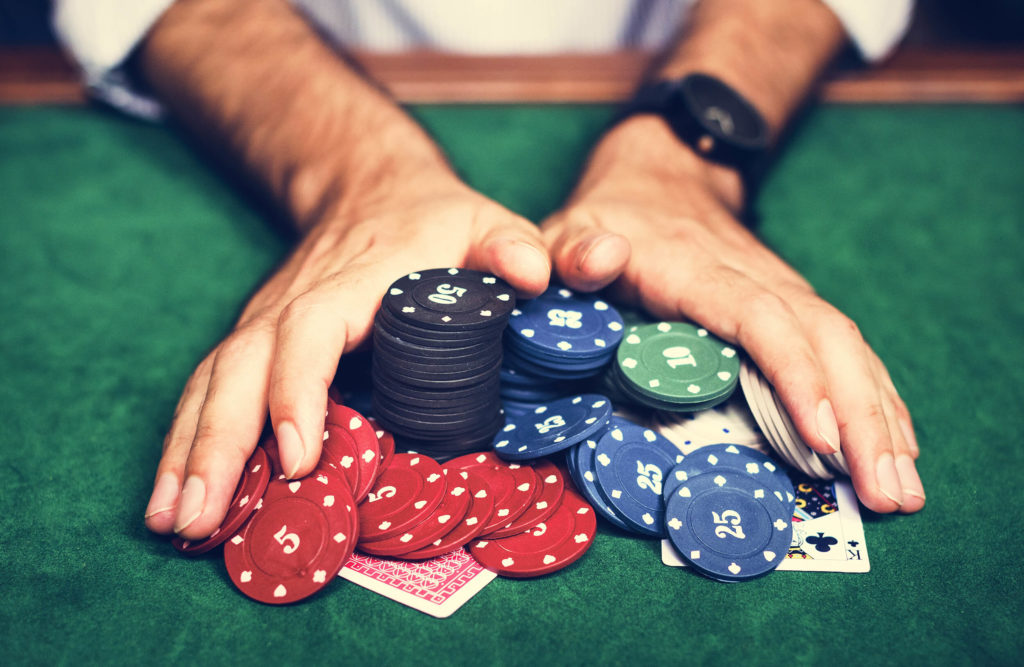Poker is a game of chance, but it takes thought and strategy to be able to win. It is also a game that requires concentration and a lot of attention to details such as the personality of the opponents. They say that you have a better chance of winning when you know your opponent well.
Strong hands only
It goes without saying that before even thinking about winning, it is essential to know the game well. Especially the basic rules. In fact, it is advisable to always check the rules before every game. In addition, it is necessary to set objectives that you will try to achieve in each game. The more you play, the more games you discover and the more likely you are to win.
To do this, you should start by reducing the number of hands played. This is a mistake that is often made by both beginners and regular players. Wanting to multiply the number of hands only decreases the probability of success. It is indeed a question of probability. Moreover, it is the best way to show your style of play to your opponents and thus to run to your loss. On the contrary, stay focused on the stronger hand.
However, although it is a question of probability, it is also a question of flexibility. In other words, you have to know how to change your style and when to do so. There are different types of players. The one who likes adrenaline and plays in an adventurous way. There is also the one who is stuck on probability. Neither is advisable. You have to be able to adapt to every situation and every style of play of your opponent. Above all, avoid revealing your game. It is a question of being very mysterious.
Pay attention to details
We get it, poker is a psychological game. It also consists of making a decision: fold or bet, raise or make a stack, etc. Everything is played without knowing the cards of others. That’s why it’s often referred to as bluffing. It means pretending. For example, it can be pretending to have a better combination by following the bet, or it can be pretending a hesitation and prolonging the response time, etc. There are several options.
In any case, to be able to win, you have to be attentive to your opponent’s reactions. However, be aware that he too can pretend. Therefore, you should not always rely on gestures or facial expressions that can be imitated. Look for details that can deceive the opponent. This can be learned especially with experience and by confronting different opponents.
Putting the odds on your side
To try to play poker, you have to be adaptable. This includes the stake. In practice, avoid betting too much on a table of small players at the risk of winning too little. This also applies to the opposite case. Likewise, the betting position is just as important. If you are in a position to make the first bet, you should do it in a calculated way, because the reaction of the opponents will depend on it.
Furthermore, poker should only be played when you have a good head. It goes without saying that with a problem weighing on your mind, it is difficult to concentrate and this is not beneficial in poker. Therefore, do not hesitate to relax before the game. Also, it is necessary to know how to take a break when it is necessary. This is especially recommended when you start to make a series of bad moves. Stop instead of betting even more and lose everything.

